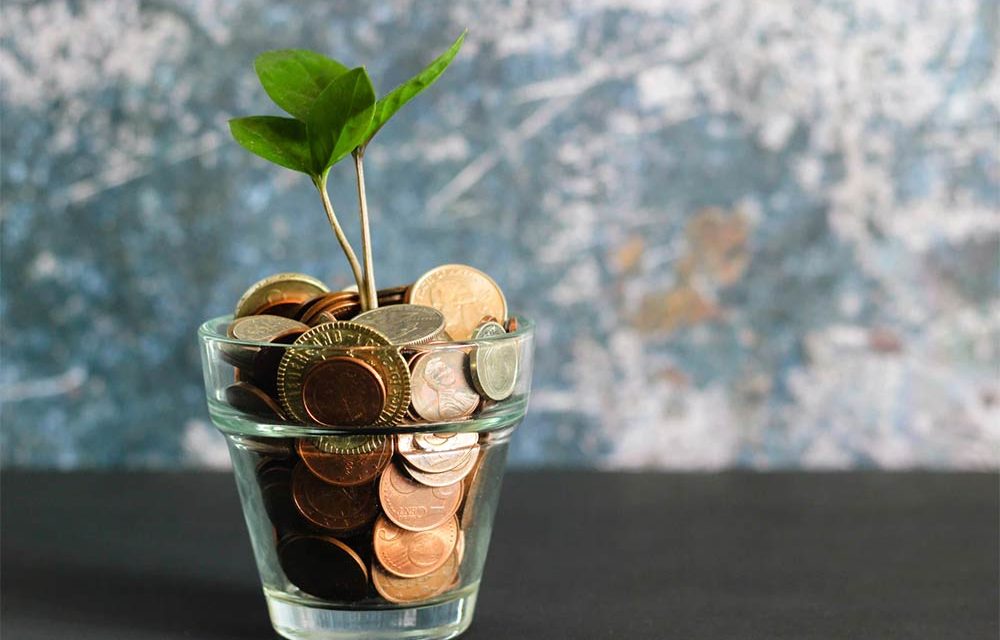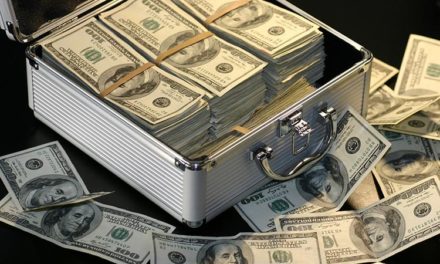Life’s full of problems that seem endless. Do you ever wonder why money sometimes disappears faster than expected? If so, then you’re not alone. Occasionally, emergencies get us off-guard, and we have to spend even the funds we saved for other purposes to sort them out. Even so, did you know that you can save for such situations? Yes, you can save for any “rainy day” before it happens. But what does it mean, you might ask? It means a time of need or trouble. Let’s see ten ways we can save for a future time of need.
Why Save or Earn More for A Rainy Day?
Like we’ve mentioned, a time of need may arise. Emergencies are inevitable. So, reasons to save for them or make more money to counter them include:
- You could lose your job. Who said that you couldn’t lose your secure employment? If you ever thought so, that’s a mistake. Things happen, and today you could be stable at work, and tomorrow that goes away. Thus, it’s wise to save enough to help you cover at least some months of bills if that happens.
- A severe health problem could arise. If you don’t save for that now, how can you fund it when it occurs? The wise one sees danger and acts shrewdly.
- Unexpected travels may come up. Will you wait to take a loan or be in debt when something urgent comes up that needs you to travel? It could be a funeral, a long-waited job interview, or any other issue.
- Your home or car may require a sudden repair. If you’ve never experienced a car malfunction when you need it the most, then wait for it. Or, if your home hasn’t required an expensive, unexpected repair pop up, then know it can. It’s better to start early and prepare now for such emergencies.
How can you ensure that there’s money set aside for unplanned situations? You can save or earn more now for any rainy day. You can learn about savings from various legit sources, including A1 Credit. Let’s discuss the best ways to save here.
Start an Emergency Fund
An emergency fund is a safety net or set funds that are readily accessible in times of emergency. While many individuals may dismiss it as nothing, it’s a vital step to take if you want to save for a rainy day. If you start today, you can contribute, even if it’s a few dollars toward the fund. Then, when a rainy day does occur, the fund will offer you protection.
Work on A Budget
Failure to work with a budget might make it hard to track expenses and stay in control of your finances. Are you already working on a budget? If so, create one and list your income, all the expenses you incur, and what amount of savings to make monthly. Those with a budget can find out if they need to fine-tune it and make any necessary adjustments to save more for emergencies. Owning a car is likely one of your largest personal expenses, and while it will always be one of the bigger expenditures on your personal budget, there are many ways to save big money on your car expenses.
Limit Your Spending
Saving more for achieving any financial goal goes hand-in-hand with how we spend. Those who spend much, especially beyond or almost equal to their income capacity, can’t save much. If you’re to save for a rainy day, then frugality and spending limits must take charge.
Cut an Expense/ A Bill
If there’s some bill or expense that’s either too high in the budget or isn’t necessary, what if you cut it? For instance, if you no longer need a cable subscription because you stream channels online, why not do away with such an unnecessary bill and put the money aside for savings?
Sell Items Not Needed
Making money for a rainy day isn’t easy, and sometimes it might mean doing away with some of the valuables in your house. Is there anything you don’t use anymore- clothes, electronics, furniture, or more? Don’t throw them out if you can sell them for cash. Use them to earn more money for a rainy day.
Take Control of Your Credit Cards
Credit cards can sometimes be a burden if not effectively used. They can lead to more financial miseries and difficulties in saving money for emergencies. Learn how to use these cards well and take full control of them and not vice versa. You can limit their usage and take advantage of the rewards they have to avoid paying for some things using cash.
Start a Side Hustle
If you’re employed and at a fix when it comes to saving money for times of need, why not opt to make more money by starting a side hustle? You can take up night shifts at a different company, start a business, or do any other income-generating activity that’s different from your normal job.
Manage Your Debt
If you have a huge debt that you’re struggling to clear, develop strategies to speed up the repayment process. That way, you’ll create more chances to increase the savings you make toward emergencies. Begin by evaluating your debt situation and know which ones to pay off first, especially those having high interests or taking up large sums of money in repayment.
Up Your Retirement Contributions
As we’ve said, employment might end abruptly and unexpectedly. Sometimes, even illness or other significant factors can force someone into early retirement. If that happens, what will you do? Why not boost your retirement contributions now, even if it means doing so by only one percent? That way, you’ll ensure you have more cash for retirement.
Keep in Touch with Your Financial Resources
Consider being in constant communication with your financial advisors, emergency fund professionals, and other financial partners to keep track of your progress. You can also read or listen to books, magazines, blogs, or podcasts to continue learning how to deal with money-related issues.
Conclusion
Rainy days will come and go. Preparations for such days are necessary if you’re to survive them. If you start now and use the ten ways discussed above to save or earn more for a rainy day, you’ll have less or no worries when it does come. Hopefully, this discussion will help you!















